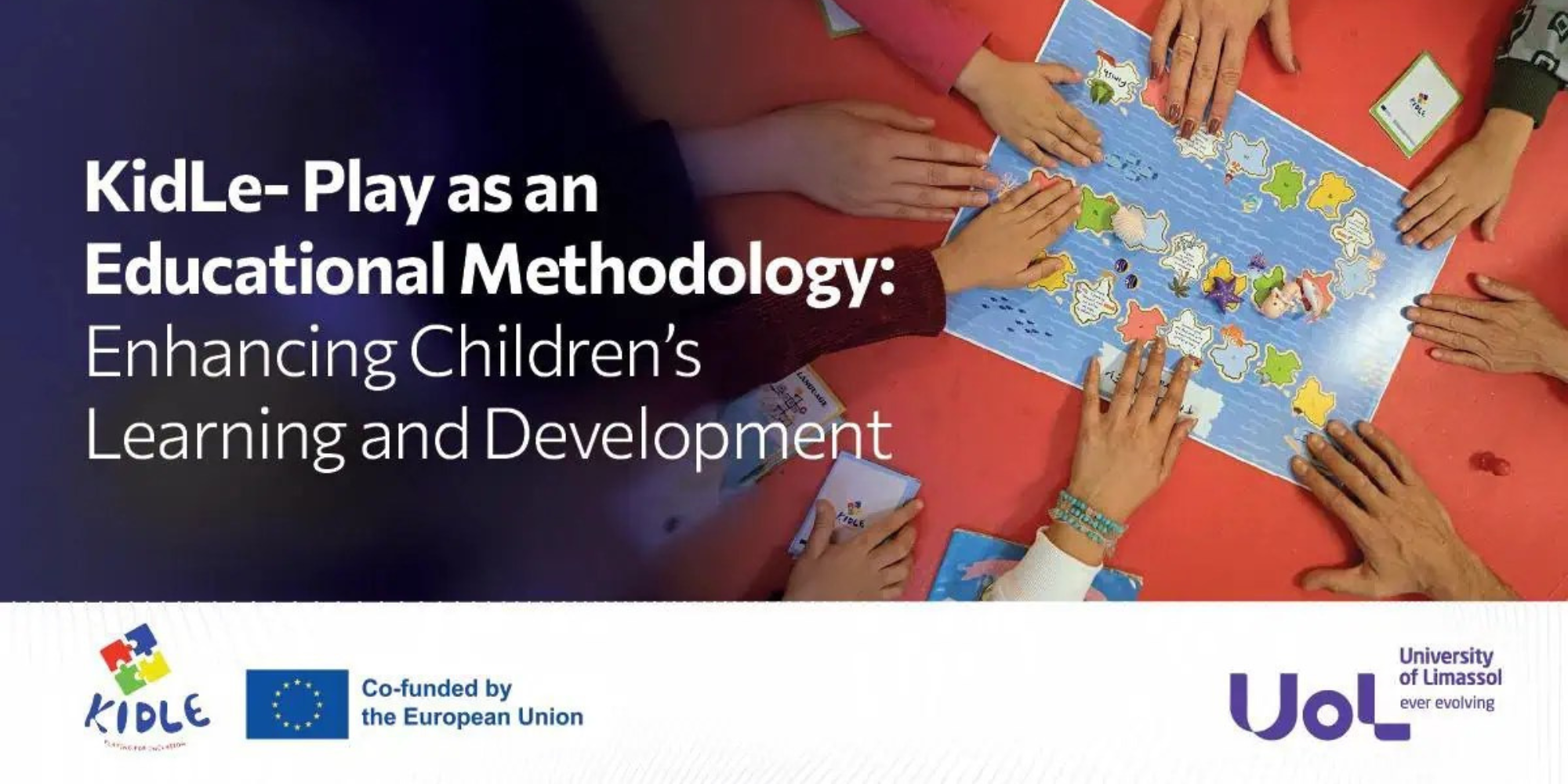Play is an essential element in developing the human ability to speak and communicate through various symbolic representations, fostering language development and supporting both pedagogical and emotional needs of children from diverse backgrounds. Thus, play acts as a link to unite children from different backgrounds, encouraging socialisation, self-expression, and development, making it a crucial component in promoting healthy intellectual, emotional, and social development in children.
According to Jean-Jacques Rousseau, children learn best through play and exploration, rather than through traditional classroom instruction (Rousseau, Jean-Jacques, Emile, 1762). Following Rousseau’s point, as a theoretical point of departure, the partnership of the KidLe project (Developing an intercultural game as a pedagogic tool for the inclusion of pupils with migrant background in new learning environments) focuses on developing a transnational gaming pack that nurtures and incorporates the joy of play as an educational methodology for creating inclusive, diverse and respectful school environments.
The University of Limassol in collaboration with Agios Spyridonas Kindergarten successfully conducted on the 13th of November a playing event as part of the KidLe project. The project is co-funded by the European Union and the ERASMUS+ programme in the field of school education and involves the participation of 6 partners from 5 European countries (Portugal, Austria, Belgium, Cyprus and Ireland).
During the playing event, parents, children and teachers interacted and played together the national board game developed through the co-creation methodology that was followed in previous workshops during May and June 2024.
The national board game developed invites players to embark on a journey where they must answer questions, complete missions, and navigate through different islands to reach the destination. The first player to reach the final island wins the game. The materials of this game include an illustrated board with a series of islands, illustrated game cards with questions on 4 different topics (Food, Travel, Nature and Language), a dice and 6 pawns.
The playing event actively engaged 11 children aged 4-6 years, 10 parents and 8 teachers from diverse cultural backgrounds, including Cyprus, Syria and Romania. The participants were excited to be playing this game that resulted from their ideas, and they contributed to sharing their feedback at the end of the session for fine tuning the board game.
Both teachers and parents highlighted the game’s engaging design and educational value. Children responded enthusiastically to the colours and attractive pawns, which made the game visually appealing and fun to play. Teachers and parents appreciated how the images on the cards were closely tied to the content of the questions since the relevance of the visuals helped children better understand and engage with the questions. A sense of ownership and connection to the game was also shared among the participants since some of them were a part of the co-creation process.
The next steps involve the fine tuning of the game, its digitalisation process and incorporation into the transnational gaming pack that the partnership of the project is to develop. The valuable feedback will guide the final adjustments to ensure the game is both engaging and educational.
To learn more about the project activities and actions, visit the KidLe website and the social media of the Research Centre of the University of Limassol.
Source: University of Limassol | What’s on | News (https://shorturl.at/BRaEF)
